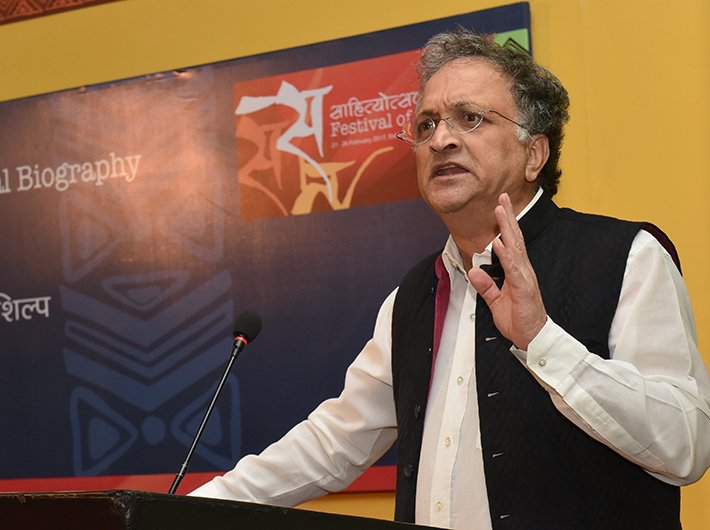Guha said history oscillates between social sciences and literature
GN Bureau | February 24, 2017

As the voting percentages dropped drastically in the first couple of phases of the ongoing general elections, observers and analysts spoke of ‘voter apathy’ blamed it on a lack of “wave” this time – apart from the heatwave, that is. The latest figures after the fourth phase, h
GAIL (INDIA) Limited has reported 75% increase in Profit before Tax (PBT) of Rs.11,555 crore in FY24, as against Rs 6,584 Cr in FY23. Profit after Tax (PAT) in FY24 stands at Rs. 8,836 Cr as against Rs.5,302 Cr in FY23, a 67 % increase. However, revenue from operations registered a fa
“Women’s rights are not a privilege but a fundamental aspect of human rights.” —Savitribai Phule In India, where almost two-thirds of the population resides in rural areas, women’s empowerment initiatives are extremely critical for intensifying l
What are the direct tangible benefits that you want from the government coming in power? The manifestos of various parties set a host of agendas which many times falls back in materialising the intended gains. Governance failures, policy lapses, implementation gaps, leadership crisis and cultural blockages
Ayurveda, Nation and Society: United Provinces, c. 1890–1950 By Saurav Kumar Rai Orient BlackSwan, 292 pages, Rs 1,400
As many as 17.7 crore electors are eligible to vote in the fourth phase of general elections taking place on Monday in 10 states/UTs. 175 Legislative Assembly seats of Andhra Pradesh and 28 Legislative Assembly seats of Odisha are also going to polls in this phase. Polling time in select as